The project ‘Parables and the Partings of the Ways’, which started formally April 1 2014, aims at a comparative research on Jewish and Christian parables, seeking for a better understanding of these intricate fictive narratives, their motifs, and functions. The Project is guided furthermore by the question of why the production of parables ceased in Christianity whereas this genre remained in use in Rabbinic Judaism.
The first hypothesis tested is that the genre of the narrative parable is part of the Jewish culture of the Galilee, and the second hypothesis weighs the evidence of the asymmetry of early Christian and Rabbinic parable production as reflective of a geographical, cultural and religious split between nascent Christianity and Rabbinic Judaism, commonly labeled as the ‘parting(s) of the ways.’
Three parts
The project is structured in three, overlapping, tiers. Facilitating any scholarly parable research requires a text critical edition of early rabbinic parables, accompanied by a translation as well as initial commentary. This part was carried out partly in a post doc project (2014-2018) by Lieve Teugels. The first tangible result is Lieve M. Teugels, The Meshalim in the Mekhiltot. An Annotated Edition and Translation of the Parables in Mekhilta de Rabbi Yishmael and Mekhilta de Rabbi Shimon bar Yochai. With assistance from Esther van Eenennaam (Mohr Siebeck, 2019). The ultimate aim still is to provide volumes on Sifrei Deuteronomy, Sifrei Numbers, and Sifra.
The second part of the project assesses the shared discursive space of Rabbinic parables and those attributed to Jesus (in particular in the Synoptic Gospels) by focussing on the social, cultural and religious imaginary as present in the narratives. This part consists of three PhD projects, focussing on Father-Son interactions (Albertina Oegema, Utrecht University), parables featuring Slaves (Martijn Stoutjesdijk, Tilburg University), and parables depicting Banquet scenery (Jonathan Pater, Tilburg University). All of these motifs reflect social images related to Jewish households and/or voluntary associations in Late Antique Galilee and afford perfect occasions for comparative and interdisciplinary research. The aim of this approach is to read fictive stories as embedded in social reality, and as containing motifs of early Jewish sources or folk stories, as constructed by religious elites. As such, each of these projects assesses how parables process social and religious realities and reflect the rise of religious movements within Judaism. This requires an interdisciplinary, literary as well as material approach.
The third part, currently in process, aims at a synthesising volume (Eric Ottenheijm and Annette Merz) discussing the continuation of this genre in Rabbinic Judaism and Christianity, respectively, within the context of rise of Christianity and Rabbinic Judaism as separate religions. In this stage, the nascence as well as development of the genre in Rabbinic sources and in Christian documents are discussed in a comparative perspective. In Rabbinic sources the progressive midrashic embedding of parables reflects Scriptural reasoning as buttressing Rabbinic authority, whereas the end of the conventional rhetorical and hermeneutical function of this genre in Christianity, giving way to Christological and ecclesiological readings, indicates a new religious identity which correlates with the emergence of Christianity as a separate religion.
Results
Over the years, the project has chaired sessions and delivered paper at the EASR, EAJS, EABS, WCJS. The project organized its own Master Classes and Seminars, and participated in International Sessions and Seminars at SBL, Groningen University, Amsterdam University, Schechter Institute (Jerusalem), and Bar Ilan University. It hosts its own, Dutch language based, website: Parabelproject.nl, where blogs as well as translations appear on a regular base. Currently, a book containing a selection of edited blogs is in full preparation, initially destined for the Dutch market.
Academic publications include a Special Issue of the Journal for Theology and Religious Studies (2017), several articles in Journals and Chapters in international Volumes (a.o. JCP), in English and German. Beside the mentioned first part of the Text Edition, a volume containing essays by colleagues and members of the team, entitled Parables in Changing Contexts. Essays on the Study of Parables in Judaism, Christianity, Islam and Buddhism (to appear Summer 2019 in the JCP Series (Brill: Leiden). The three doctoral students organized a successful International Symposium on Fables, in 2018, and are now editing a Volume titled Parables and Fables in the Graeco Roman World. This will appear, in 2020, in the prestigious WUNT Series (Mohr Siebeck). Next to these publications, deliveries include bimonthly blogs on this website, and momentarily work is carried out for a book publication containing a selection of these blogs, aimed at the Dutch market, and due to appear Spring 2020 (Berne: Heeswijk Dinther).
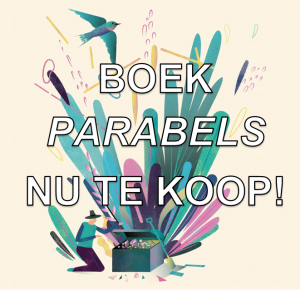
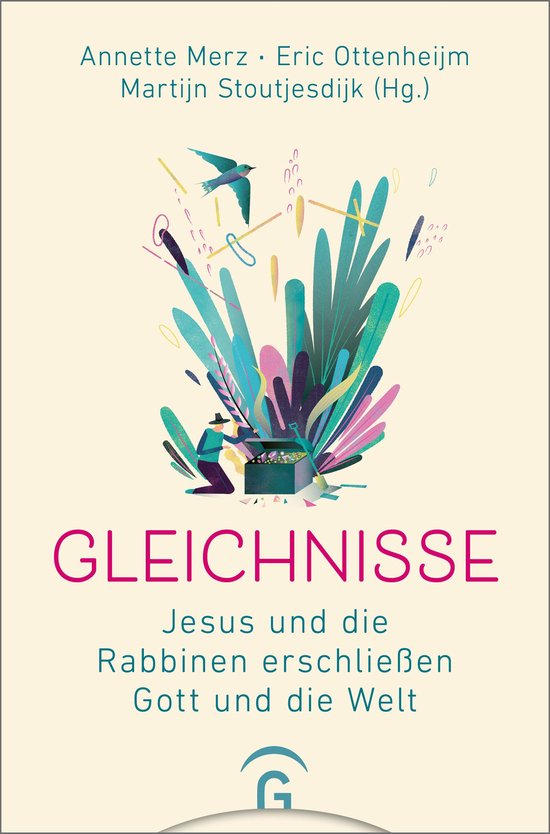
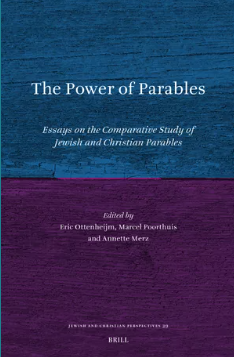
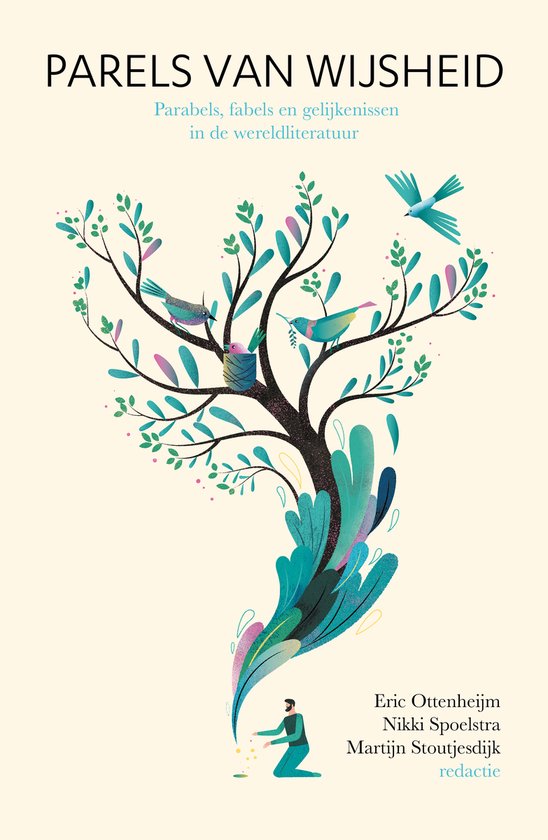
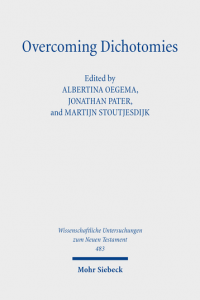
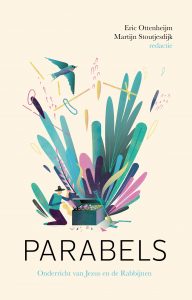
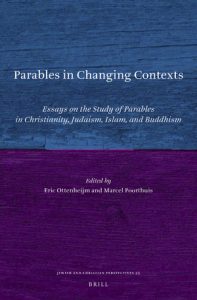
Recente reacties